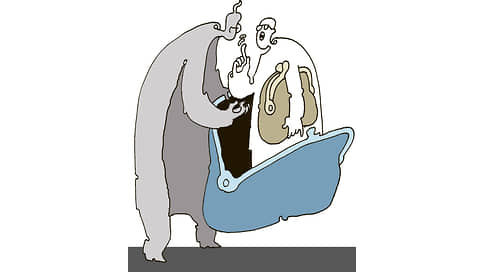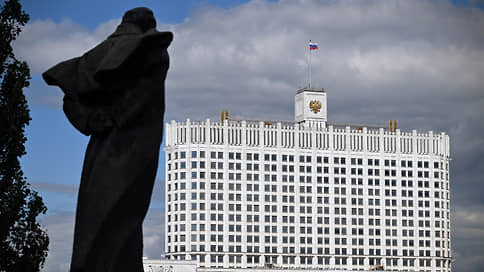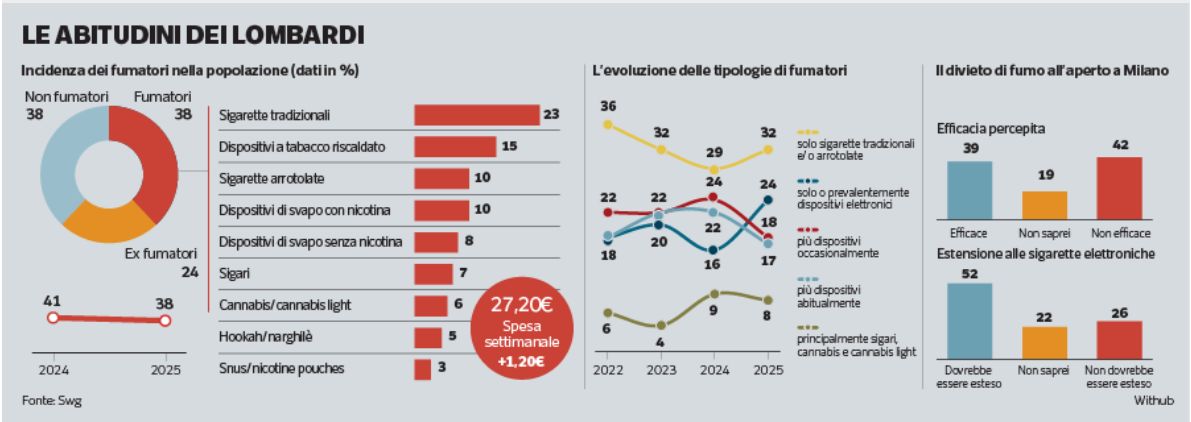Greenhouse gases stuck in pipes

On the eve of July 1 – from this date, companies obliged to report on greenhouse gas emissions (PG) are threatened with fines for failure – business began to request regulators about who the statements of the reporting are related to and to whom not. The previous government decree on this issue has lost force, but even before it caused a lot of confusion. The new document was designed to replace it and clarify it, but also does not quite satisfy experts and, moreover, has been under the project in the government for almost a year. As Kommersant found out, the document was stuck in the phase of interagency coordination – most likely with energy. According to experts, it creates the main load on coal, oil and gas generations.
The draft government decree prepared by the Ministry of Economy, which will clearly describe which companies should report for the emissions of greenhouse gases, has not yet received the approval of the White House, although it was entered in it in August 2024. The duration of the previous Decree of the Government regulating this issue (No. 355 dated March 14, 2022) ended on January 1, 2025, and the lack of clear rules of the game worries the company obliged to submit reports on the PG. And although the authorities do not intend to tighten the regulation of the PG in the next two to three years (See “Kommersant” from February 17), strategically, the Ministry of Economy considers the possibility of introducing in the Russian Federation a carbon fee. Now, companies with emissions of over 50 thousand tons of CO2-Equillion per year are also worried about the risk of fines for non-editing-they can reach 500 thousand rubles.
The regulation operating before January 1, 2025 included the recalculation coefficients of the CO2-Evivalent of the PG for various production processes and industries, which influenced the final assessments of the emissions and, accordingly, whether the specific company refers to the obligated to report, which causes confusion. As stated in the explanatory note to the project of a new resolution, the coefficients “in many cases led to errors in determining the mass of emissions”, therefore the department was worried about revising the rules of the game.
The new resolution proposes to abandon the use of “industry” coefficients, replacing them with the requirements for specific codes of the OKVED with the simultaneous restriction of the coverage of organizations regulated by operators of the first-third categories of negative environmental impact (NVOS).
“Detailing the criteria for attributing to regulated organizations will help increase the accuracy of accounting for emissions, as well as minimizing the load on business,” the ministry promises.
According to the director of the audit and consulting company KEPT Evgeny Tananaiko, the new development of the Ministry of Economy also has a significant minus-the lack of a single approach to determining the NVOS facility. Similar enterprises in different regions can have a different number of NVOS objects, which “will cause difficulties on the opening parties, and with the consolidation of the information we will receive incomparable data,” he notes. The expert of the International Center for Sustainable Energy Development under the auspices of UNESCO Mikhail Yulkin also draws attention to the fact that environmental regulation differs from climatic, greenhouse gases do not fall under the concept of pollutants. The “controversial”, adds KEPT partner Vladimir Lukin, and the issue of using the OKVED remains in determining the industry affiliation of companies. “Still, the source of greenhouse gas emissions is not economic activity, but specific production processes,” he says. In addition, earlier the Ministry of Economy began the reform of the classifier of the OKVED (See “Kommersant” from February 27), and the new rules for determining codes will fully begin to work only by 2028, which will also introduce uncertainty to the regulation of emissions.
At the same time, as “Kommersant” found out from sources familiar with the fate of the document, the draft Ministry of Economy is still the subject of conciliation meetings with Deputy Prime Minister Alexander Novak.
Given the fact that the main source of the PG is the company of the fuel and energy sector, the difficulties in coordination with a high probability are caused by the presence of disagreements from the Ministry of Energy, who is interested in balancing the future load on the industry. “Kommersant” did not answer the questions about this in the Deputy Prime Minister, the Ministry of Energy reported on May 28 on the evening of May 28 that “all the disagreements” (according to the Ministry of Economy) were “settled as part of conciliation procedures in accordance with the regulations of the government”-this probably gives the market to the market hope for its signing in the near future.








